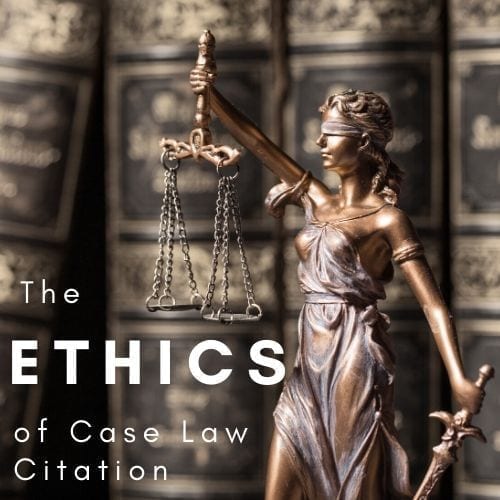
Ethics of Case Law Citation
One of the basic ethical responsibilities owed by the trial and appellate lawyer is candor toward the tribunal. This responsibility includes the disclosure of binding primary authority that is adverse to the lawyer’s and/or client’s position before the court. TEX. GOV’T CODE ANN. Art. 10, § 9, Rule 3.03(a)(4) (Vernon 2013). Notwithstanding the ethical obligation to disclose adverse authority under Rule 3.03(a)(4), the best approach from an advocacy perspective is to be proactive about the issue, rather than reactive. Credibility is a precious resource that is more easily lost than gained, and candid advocacy – spiders, snakes and all – makes an indelible impact down at the courthouse. This paper is intended to be a resource for the trial and appellate lawyer on both levels – ethics and advocacy by discussing the specifics of Rule 3.03(a)(4), the relevant commentary, and how Rule 3.03(a)(4) has been applied by the Texas judiciary.
